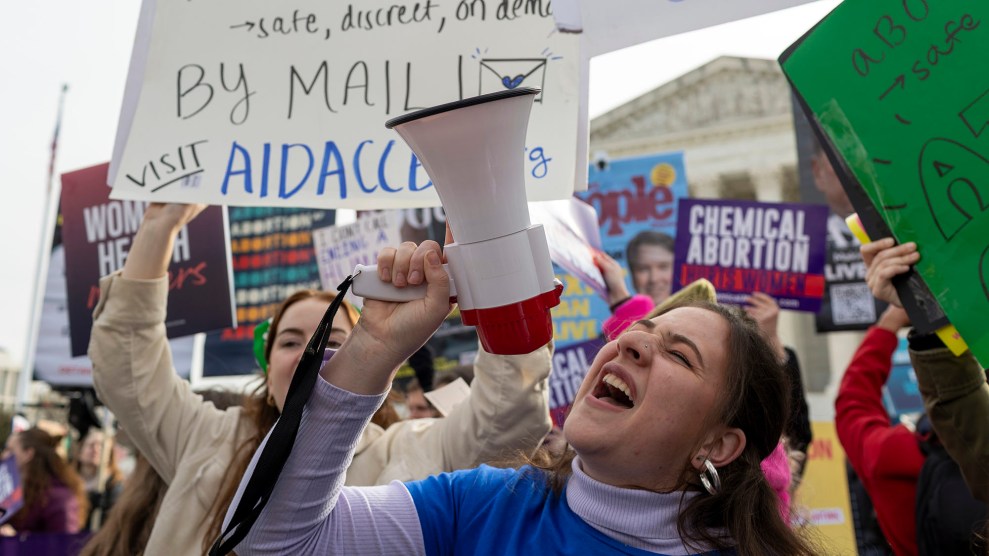That Cho Seung-Hui was on medication and was entered for a time in two mental facilities is telling, as it reveals what most people thought of the unknown gunman, that he was mentally unstable. That there were several authority figures who were alerted to this fact before the shootings, the school counselor, the campus police, the Blacksburg police, is of interest but what should they have done exactly? The school could have expelled him, I guess, but for writing a play with violent content? For being anti-social? The stalking thing? Probation maybe, but there was no way to lock the guy up, the woman called him “annoying,” not a sociopath.
One problem this exposes is that we aren’t a prevention-oriented society. We put people on meds rather than into counseling. And we address problems after they manifest, not before. Which is why we’ll soon see Bush changing his commitment to school violence prevention funding, which he recently proposed cutting by $17.3 million.
Mental health always gets short shrift in funding circles because it is seen as relatively invisible in terms of illness. The mental health of young people, and I’ll say this again, of the troops returning from Iraq, is something we can ignore for only so long. Incidents like this jolt us into reality. What happened in that classroom building is every day in Baghdad for thousands of young men and women, some of whom came from unstable backgrounds to begin with.
And at some point we are going to have to get back to the everyday reality of mental illness and finding ways to address what we all realize now is deadly serious. And we’re also going to have to realize that we’re still at war, a war that this month alone has meant the deaths of 63 U.S. soldiers, and that we just can’t afford to stray and linger on any one rampage for too long.















